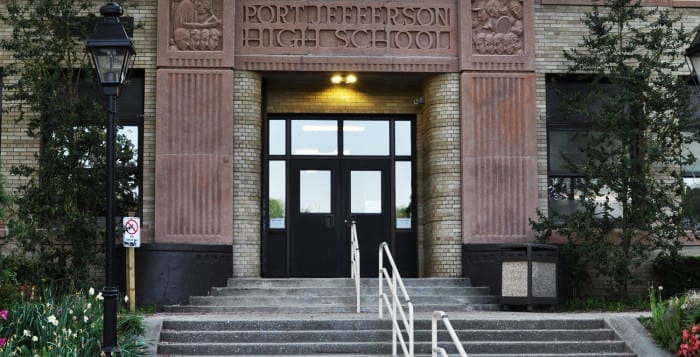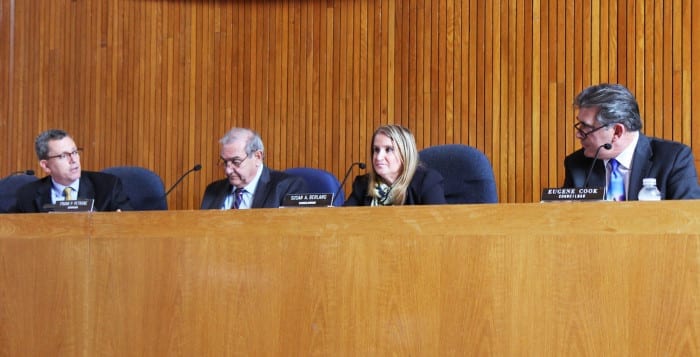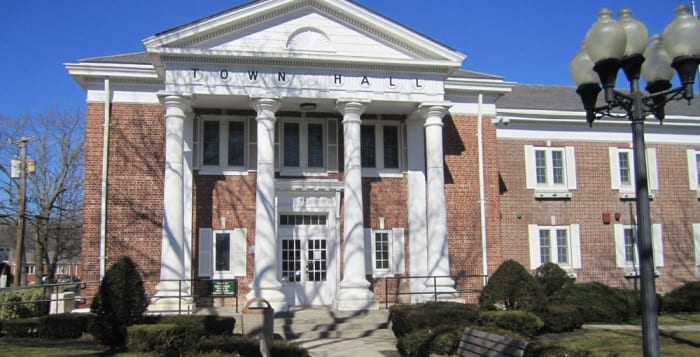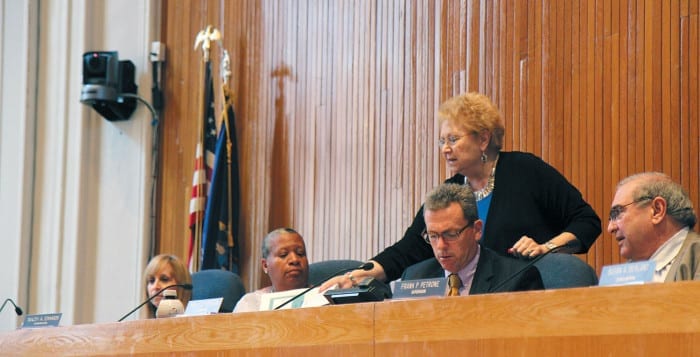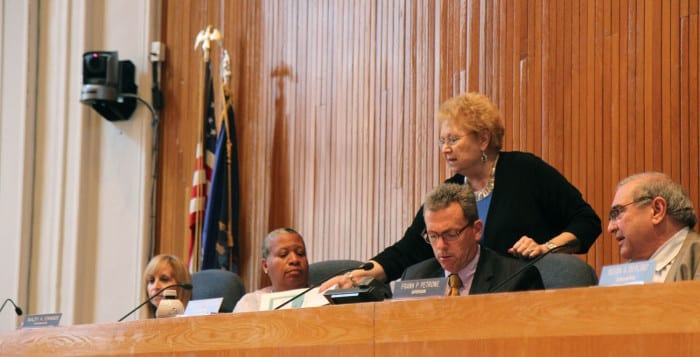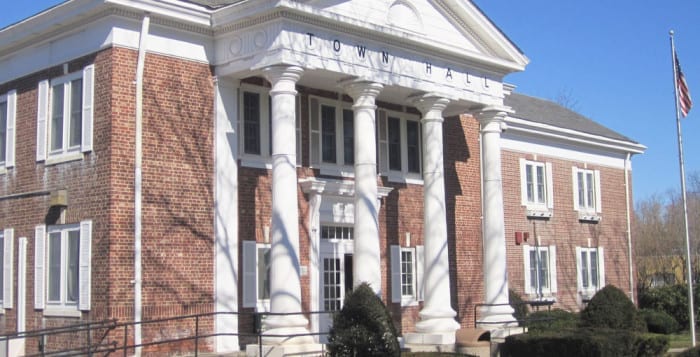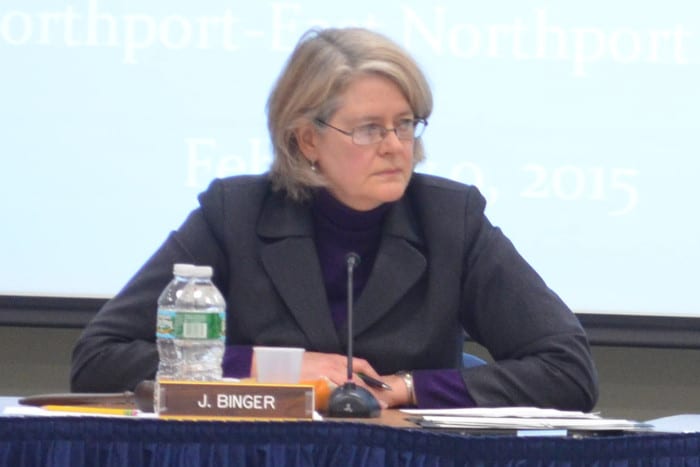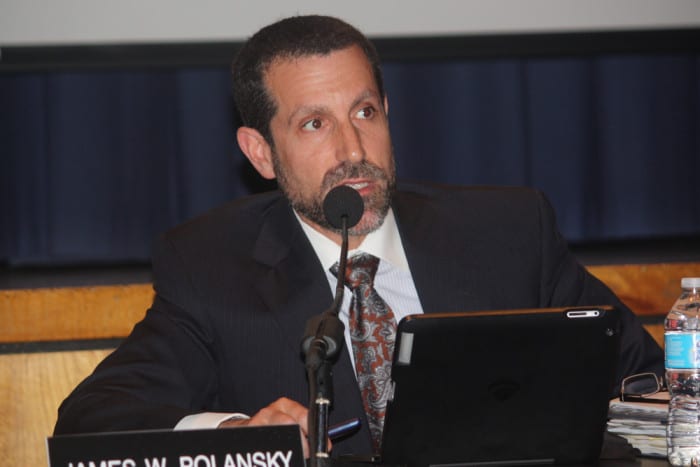If all goes according to plan, Port Jefferson school district residents will pay almost the same in taxes next year.
Between those taxes, state aid and other revenues, the total budget for 2016-17 could actually go down, according to a presentation from Assistant Superintendent for Business Sean Leister at the school board meeting on Tuesday night. That’s largely because the district would not spend as much on capital projects next year, with the new high school elevator being one big-ticket item that will not be repeated, and because the district will see a drop in its debt repayments.
Those two significant decreases would offset increases in health insurance payments and transportation costs, among others.
The proposed $41.3 million plan would maintain all academic programs and staffing levels, despite the 2.5 percent decrease in spending as compared to the 2015-16 budget. But Leister noted that the tax levy would go in the opposite direction — residents would see a slight increase of 0.11 percent. That levy bump would come in just below the state-mandated cap on how much it could increase next year, which Leister estimates at 0.16 percent.
Leister’s estimate for next year’s increase in state aid is larger: He’s putting that at 6 percent, a number he called “conservative,” especially in light of the recent discussion between state officials about the Gap Elimination Adjustment.
The adjustment, a deduction taken out of each New York school district’s state aid, was enacted several years ago to help get the state government out of a fiscal crisis. The deduction has been decreasing lately, and there is talk that it could be removed completely in the coming cycle.
Leister is not as optimistic.
“I’ll believe it when I see it,” he said.
If, however, Port Jefferson receives more state aid than it allots for in the budget, Leister said school officials would decide together how to spend it.
And Superintendent Ken Bossert assured the school board that the district also has a plan in the event of receiving less state aid than estimated in the budget proposal.
There are “still a lot of moving parts” in the budget planning process, Leister said. In addition to the question about state aid totals, school districts are still waiting on final numbers for their tax levy caps.

